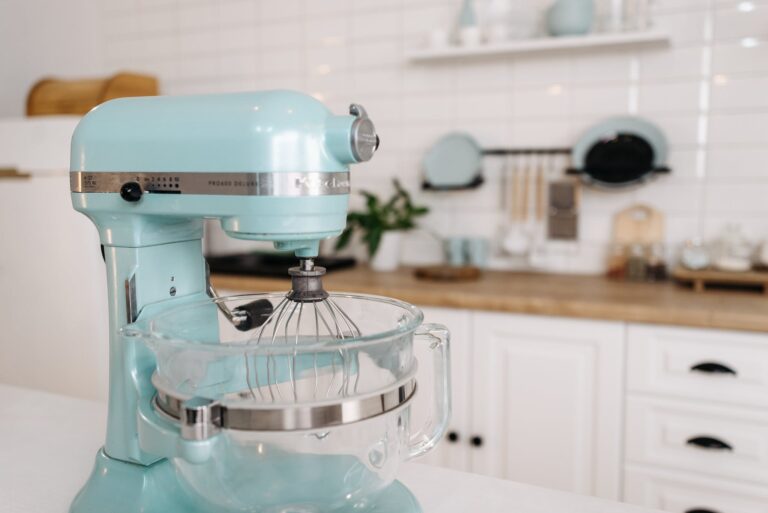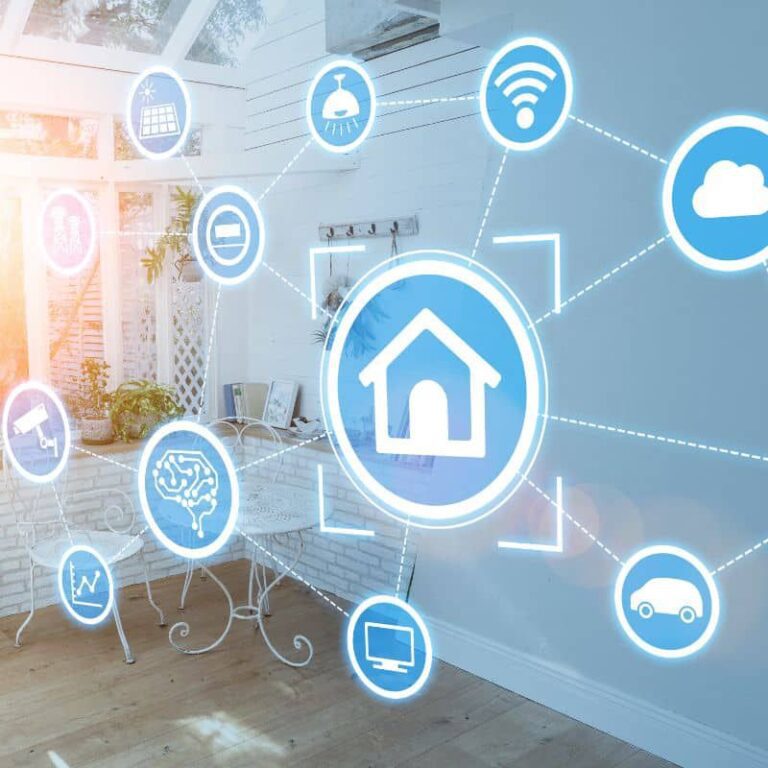Navigating Home Technology
Navigating the World of Home Technology: A Comprehensive Guide
The realm of navigating home technology has exploded in recent years. From Alexa speakers to Roombas to outdoor security cameras, the market is overflowing with connected devices promising to simplify daily life. But with new gadgets constantly materializing, navigating this world can feel totally overwhelming.
In this comprehensive guide, we’ll provide valuable insights to help you make smart choices when adopting home tech. Follow our advice below to craft a convenient, budget-friendly smart home tailored to your lifestyle.


Set Clear Goals Before Shopping
Before buying any device or system, clearly identify your goals. Ask yourself:
- What do I want to accomplish by adding this technology?
- Am I aiming to increase security, efficiency, entertainment, convenience or a mix?
Setting defined objectives upfront prevents impulse purchases that may not actually add value. It also helps assess if a product will truly benefit your daily routines and needs.
For instance, if convenience and time-savings are your goals, smart assistants and voice-controlled devices should take priority. Smart lights, plugs, switches and robots vacuums are great options here.
On the other hand, if entertainment is your focus, smart TVs, wireless streaming gadgets like the Roku Streaming Stick, and whole-home audio make sense.


Key Categories of Smart Home Tech
Let’s explore the main categories of devices that comprise a typical smart home setup:
Smart Assistants
- Amazon Alexa
- Google Home
- Apple Siri
These allow for voice control and automation using AI capabilities. Popular smart speakers like the Amazon Echo make it easy to incorporate assistants.
Smart Lighting
Includes connected light bulbs, switches, and fixtures enabling remote control automation. Top brands like Philips Hue and LIFX offer smart bulbs.
Smart Thermostats
Can be controlled via app and optimized for energy savings. Popular options from Nest and Ecobee leverage smart scheduling and your habits over time.
Smart Appliances
Fridges, ovens, washers, coffee makers and more that connect for remote use. Brands like LG, Samsung and GE Appliances offer options.
Security Cameras and Video Doorbells
Let you monitor your home’s exterior and interior with motion alerts and two-way talk. Top providers include Arlo, Ring, Nest, and Eufy.
Garage Door Openers
Allow you to control and check on your garage door from anywhere. Options from Chamberlain and Genie add smarts by connecting to your home network.
Entertainment Tech
Integrates smart TVs, wireless streaming and whole-home audio for a seamless media experience. Brands like Sonos lead here.
How Smart Devices Communicate
Smart home devices connect and communicate using wireless protocols like WiFi, Bluetooth, Zigbee and Z-Wave.
These allow gadgets to transmit data and be controlled through home automation platforms:
- WiFi – Most common protocol using home wireless network.
- Bluetooth – Short range protocol for gadgets like speakers.
- Zigbee and Z-Wave – Designed for smart home/IoT networks.
Smart devices can also be controlled through proprietary smart home platforms:
- Amazon Alexa
- Google Home
- Apple HomeKit
A hub or smart speaker ties everything together into one system.
Top Benefits of Smart Home Technology
Smart home tech offers many advantages:
Convenience
Control lights, temperature, appliances, etc. from anywhere – no more getting up to flip a switch!
Energy Efficiency
Connected thermostats and lighting optimize heating/cooling when away to save energy.
Home Security
Cameras, sensors and alarms keep you aware of activity. Integration with monitoring services available.
Safety
Get notified immediately even when away if smoke/CO detected, water leaks, temperature extremes, etc.
Accessibility
Voice control makes tasks simpler for those with limited mobility.
Entertainment
Stream music and videos easily anywhere in the home.


Getting Started with a Smart Home
Follow these tips when first implementing smart technology:
Set Clear Goals
Decide which tasks you want to automate and what to enhance. This focuses your buying decisions.
Start Simple
Begin with one device type like smart lighting. Add categories gradually over time.
Audit Existing Tech
Document what devices, platforms and networks you already use. Ensures compatibility.
Focus on Reliability
Choose established brands and robust WiFi to minimize connectivity issues.
Make a Roadmap
Plan your strategy for the next few years so purchases align with vision.
Enlist Help If Needed
Consider pro installation for complex whole-home setups.
Choosing a Smart Home Platform
These platforms connect all your devices together:
Amazon Alexa
Works with Echo devices. Must be comfortable in Alexa ecosystem.
Google Home
Integrates with Google/Nest products. Reliant on Google Assistant.
Apple HomeKit
Designed for Apple households. More limited device options.
Evaluate brands you want to integrate when selecting a platform. You can also opt for platform-agnostic gadgets that offer flexibility.
Most Useful Devices to Start With
When ready to purchase, consider these smart home products:
- Smart speaker – for voice control and automation
- Smart lights – schedule and automate lighting
- Smart thermostat – control temperature remotely
- Video doorbell – see who’s at the door anywhere
- Smart plugs – make “dumb” appliances smart
- Smart lock – unlock doors remotely
- Smart garage controller – open garage from anywhere
Looking Ahead at Home Tech
We can expect continued focus on:
- Expanding voice control capabilities
- Integration of AI and machine learning
- Predictiveness as devices learn habits
- Improved home analytics and insights
- Wider connectivity with spaces like autos
While navigating the ever-changing world of home technology may feel daunting, this guide provides the key steps for making smart decisions tailored to your household needs. Focus on enhancing daily life through automation and simplified routines.
We hope these tips help create a personalized smart home environment that saves you time and fits your lifestyle.

















